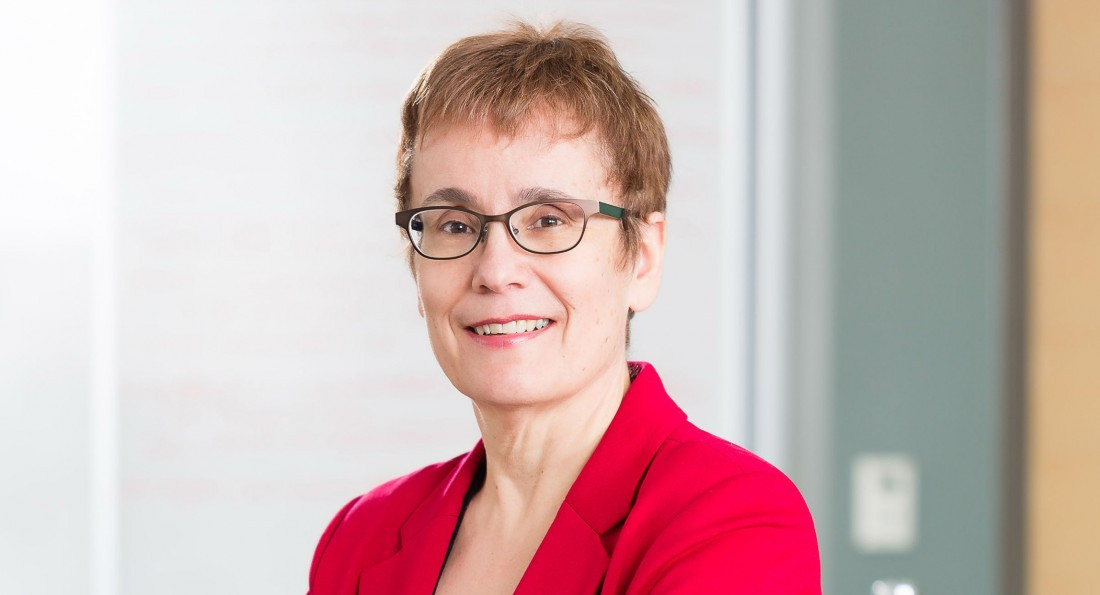Grad students’ job options outside academia
Panel of U of W alumni present their career paths
Most Canadian scholars who finish a PhD won’t go on to work in academia, but maybe that’s not a bad thing.
An upcoming panel at the University of Winnipeg (U of W) on Nov. 25 offers perspective from those who found other work afterward grad studies.
The panel, titled The Value of a Graduate Degree, or, “Can you get a job with that?” will be hosted by Dr. Mavis Reimer, dean of Graduate Studies.
“Fully 60 per cent of people who finish their PhDs never go into the academy at all. So there are lots of other jobs that people get with PhDs and certainly lots of other jobs that people get with masters degrees,” Reimer says.
Reimer believes the skills that are developed in graduate studies are key assets for future employers, especially in this age of information.
“It has to do with the nature of the times we live in,” Reimer says. “It’s become really central to all of our jobs at all levels (to have skills in) managing, organizing, communicating information and knowing what to discard as chaff.”
Dr. Annette Trimbee, president and vice-chancellor at U of W, is also on the panel to share her educational journey.
Trimbee began with a BEd at U of W, and while teaching, she realized that, “I wasn’t done my learning, that I really wanted to go deeper into biology, and I wanted to teach in a university rather than in a high school. But really it was a love of learning ... I wasn’t raised in a family where we thought long and hard about futures.”
Trimbee spent nine summers outside doing field work for her grad studies. She then moved into government work but says she always stayed connected to academia. Trimbee believes the public service could be helped by more people with graduate degrees.
“In the public service ... you work with a sense of purpose,” Trimbee says. “You can have influence in a positive way as an academic, and you can have influence in a very positive way in the public service as well.”
Trimbee’s message to those in grad studies and those considering it is: “It’s really to encourage graduates to start to think about life post-graduation. And I think it’s also to encourage students who might be thinking about going to graduate school not to overthink it,” she says.
For Jarita Greyeyes, it was important to take her graduate work back home to her community. She began with a BA in psychology at U of W, and during her undergrad, as well as afterwards working in HIV prevention in Guyana, her goals shifted.
“I really started taking a more systems approach and looking at the bigger picture of the conditions that had converged to put Indigenous people on the individual level into crisis or into a place where they were having issues,” Greyeyes says.
Her initial search for grad schools was challenging. She chose the Indigenous Governance program at the University of Victoria after being inspired by the work of founder and then-director, Dr. Taiaike Alfred.
“I didn’t really see the lenses of gender or Indigeneity present in mainstream graduate programs,” Greyeyes says.
“Graduate school was working for my community for four and a half years. That was really where I was able to put those theoretical skills into practice and to really good use,” Greyeyes says.
“I worked on negotiating education agreements, I worked on funding relationships with the federal government, I worked on land codes, I had a bunch of experiences that just wouldn’t be available if you did a job anywhere else, just in terms of the variety of projects.”
Greyeyes now works at the U of W as the director of Community Learning and Engagement.
The Value of a Graduate Degree, or, “Can you get a job with that?” is being held on Nov. 25 from 2 to 4 p.m. in Eckhardt-Grammaté Hall. Panelists include Dr. Annette Trimbee, Dr. Jennifer Frain, Dr. Barbara Doran, Dr. Zbigniew Gryz and Dr. Stephen Borys. The panel is open to all and will be hosted by Dr. Mavis Reimer.
Published in Volume 71, Number 11 of The Uniter (November 17, 2016)







